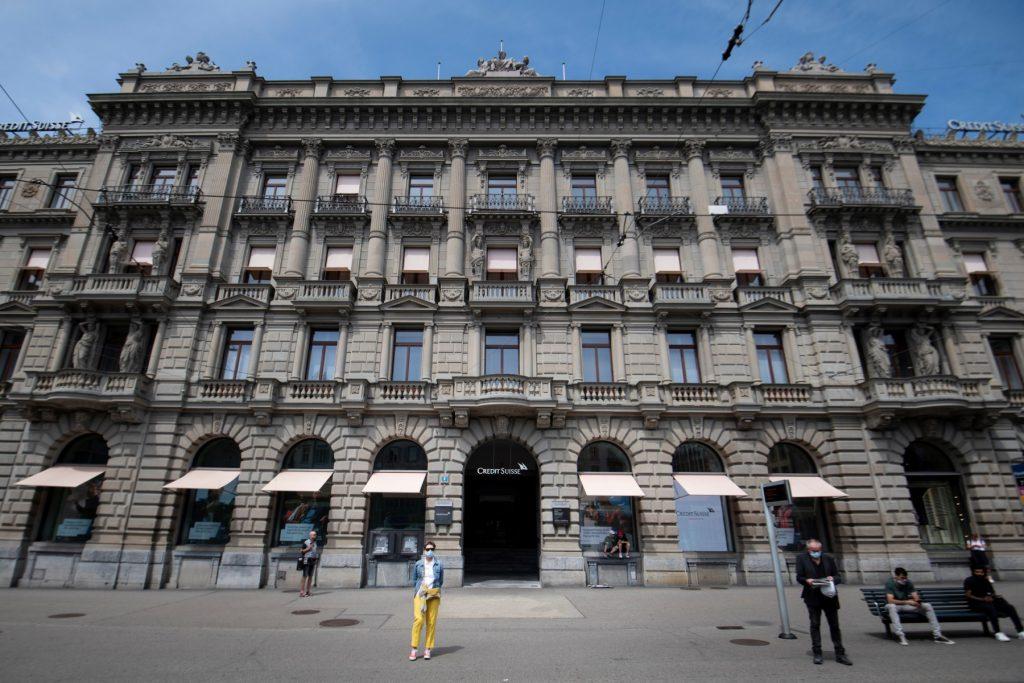Credit Suisse shareholders rebuke management
Gathered virtually for the bank's general assembly, a full 59.95% of shareholders refused to release the management from personal liability for the year 2020.
Just In
Angered by a string of scandals and crises that have tarnished the reputation of Swiss banking giant Credit Suisse, shareholders dealt directors and executives a rare rebuke Friday.
Gathered virtually for the bank’s general assembly, a full 59.95% of shareholders refused to release the management from personal liability for the year 2020.
The so-called discharge vote is typically a formality at the bank’s annual shareholders meeting that sees the board and management secure protection from any legal action over their performance during the previous year.
The vote on the 2020 discharge had been scheduled to take place a year ago, but was delayed amid the massive fallout from implosions of financial services firms Greensill and Archegos, which cost the bank billions.
Several shareholder groups, including the Ethos foundation, which represents pension funds, had called on those holding stakes in Switzerland’s second largest bank to reject the discharges for both 2020 and 2021.
Two large US proxy advisory services companies, ISS and Glass Lewis, had also recommended that their members reject the proposed 2020 discharge.
But they had said the 2021 proposal was reasonable, with ISS pointing to “significant” changes made to the board and the management team.
Shareholders appeared to agree, with 77.5% of them voting in favour of the 2021 discharge.
Board chairman Axel Lehmann, whose position was overwhelmingly confirmed during the assembly, said he regretted the shareholders’ decision with regard to 2020.
He said the board would now discuss what consequences should follow from it.
Credit Suisse had committed some US$10 billion to the British financial firm Greensill, which collapsed in March 2021, while the implosion of the US fund Archegos cost it more than US$5 billion.
The bank has faced other scandals.
Last October, it was also fined US$475 million by the US and British authorities for its loans to state-owned companies in Mozambique.
Last November, Credit Suisse launched a three-year reorganisation plan that dramatically pares back its investment bank activities and refocuses on wealth management.
But not long after that, the bank’s chairman of less than nine months, Antonio Horta-Osorio, who had been championing the efforts to improve risk management, resigned for having breached Swiss Covid rules.
Prior to Horta-Osorio’s arrival, the bank had also been rocked by a scandal over efforts to spy on former and current employees
It has also seen one of its former advisors on trial over alleged connections to a Bulgarian drug trafficking ring.
And then this past February, the bank was hit by a vast investigation by dozens of media organisation into leaked data they said showed Credit Suisse held more than US$8 billion in accounts of criminals, dictators and rights abusers.
Credit Suisse flatly rejected the “allegations and insinuations” in the investigation.
Subscribe to our newsletter
To be updated with all the latest news and analyses daily.
